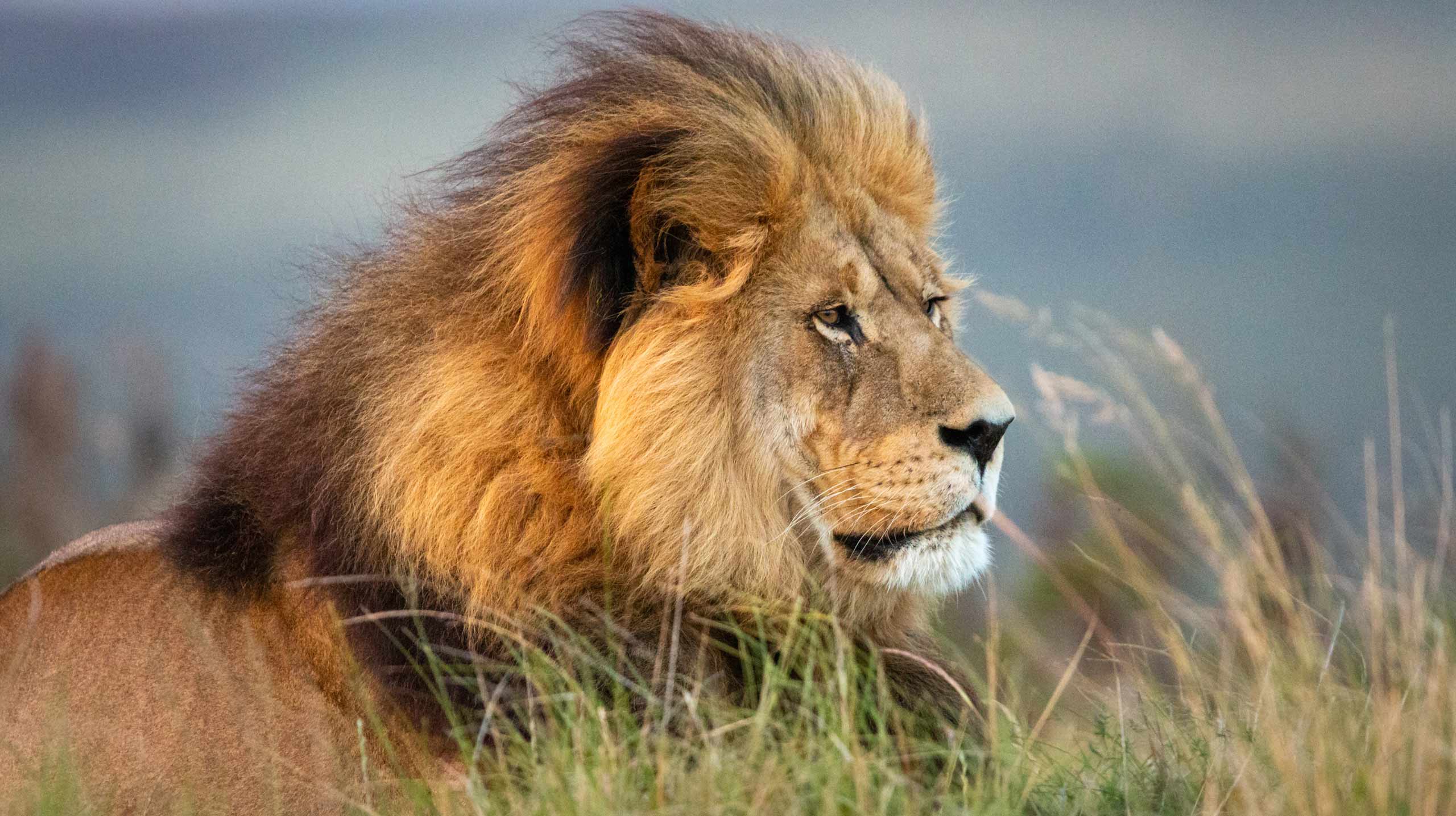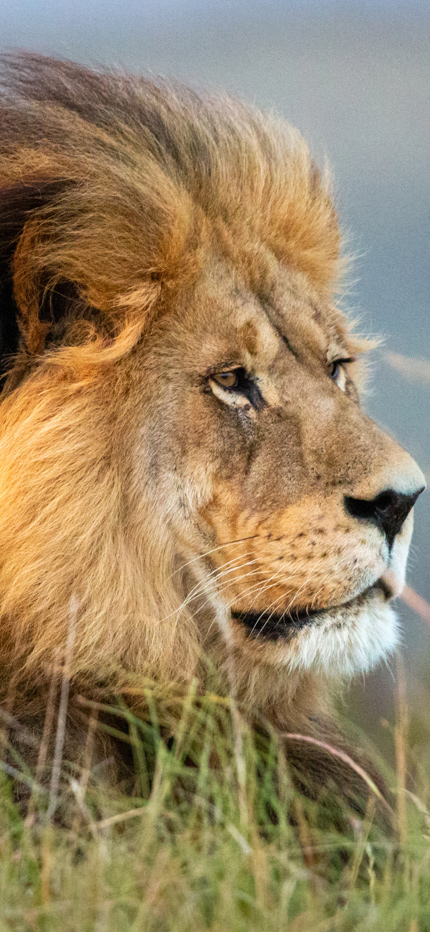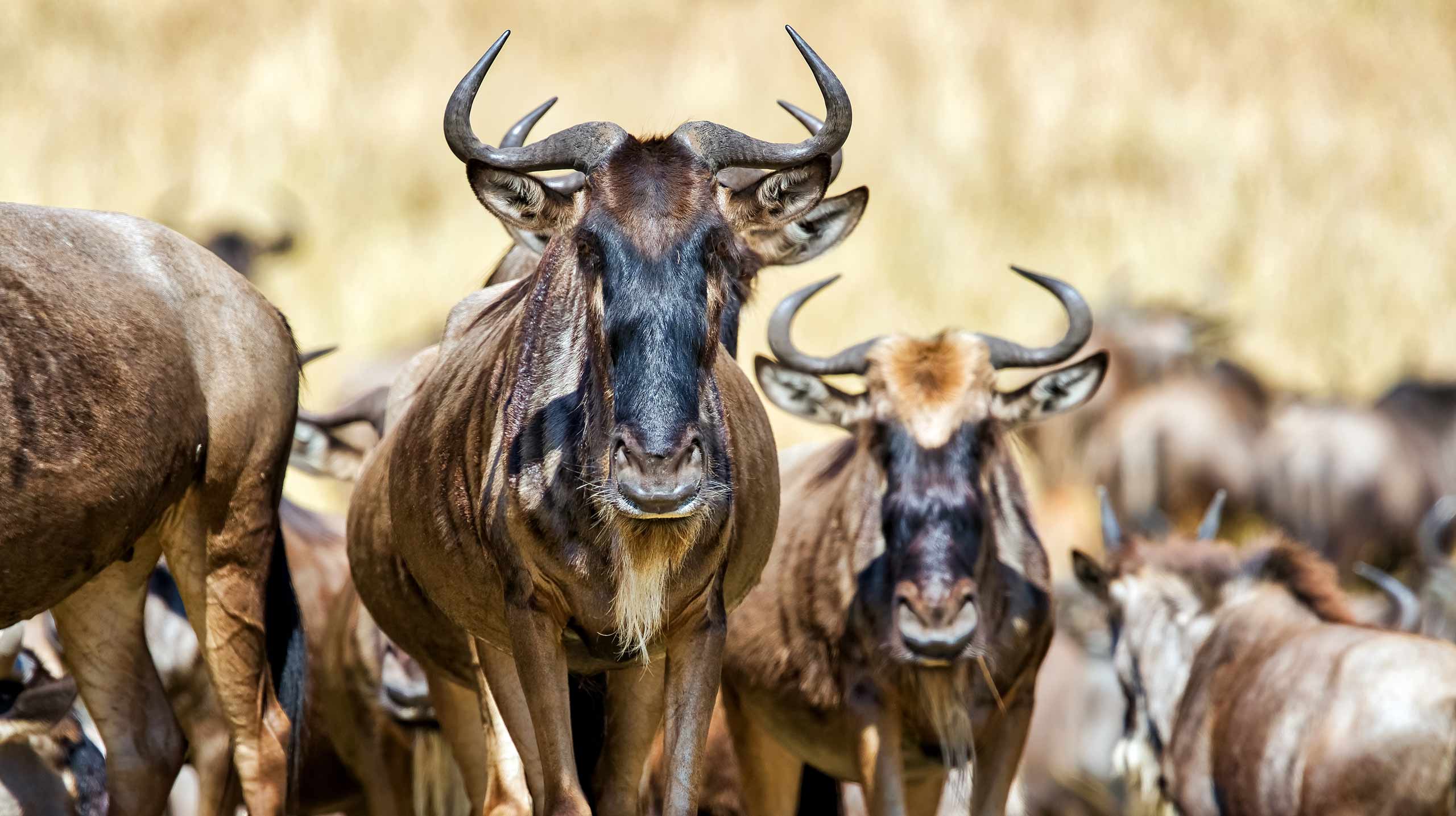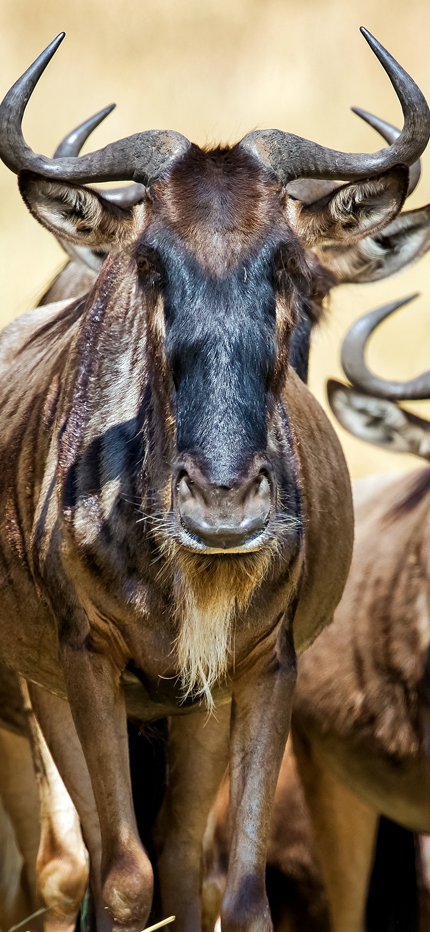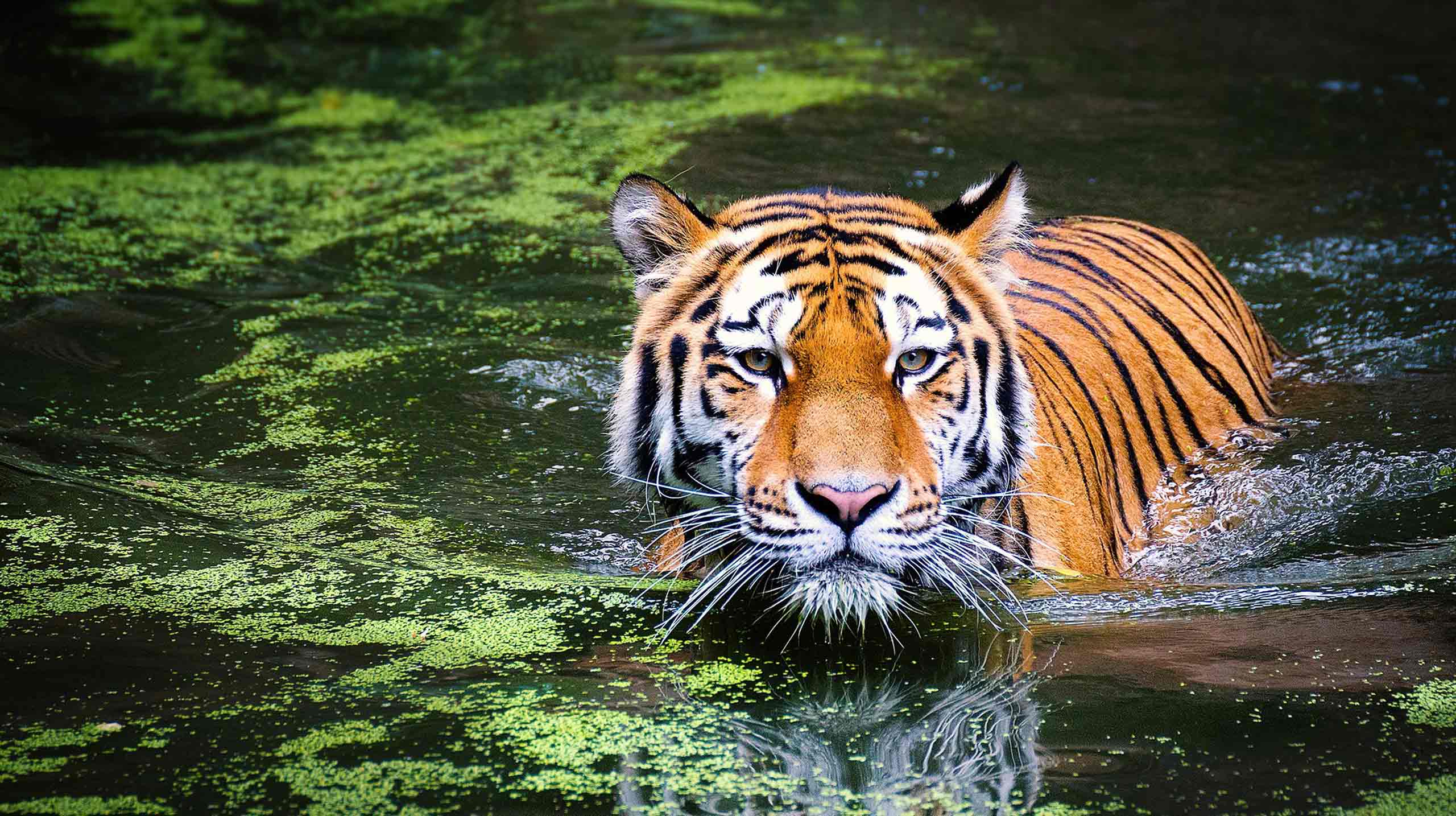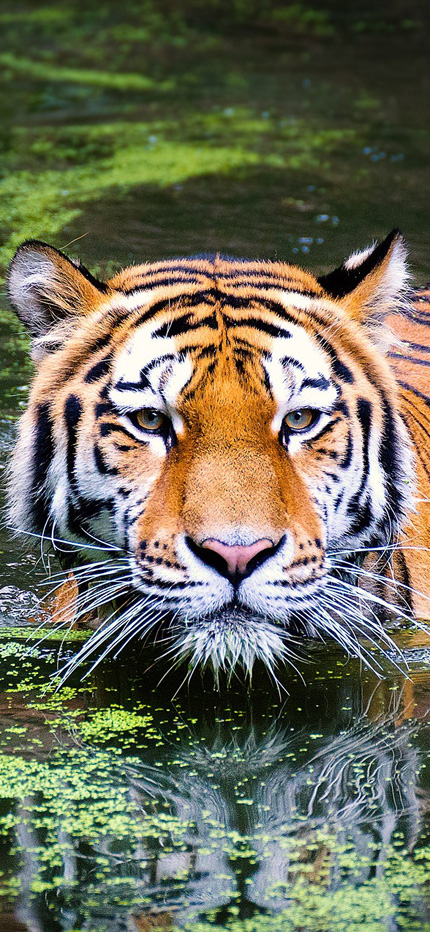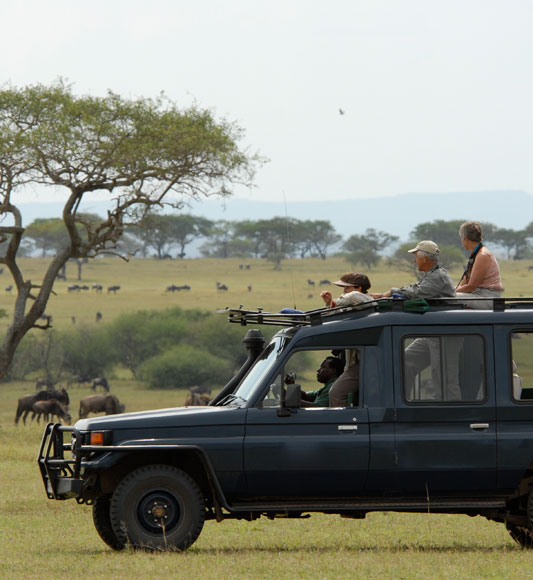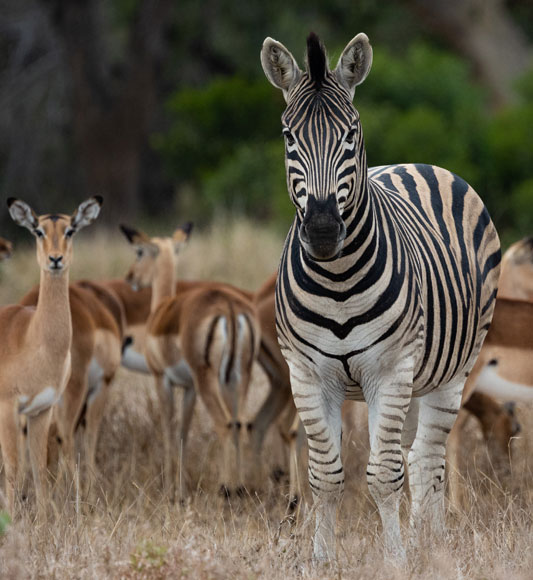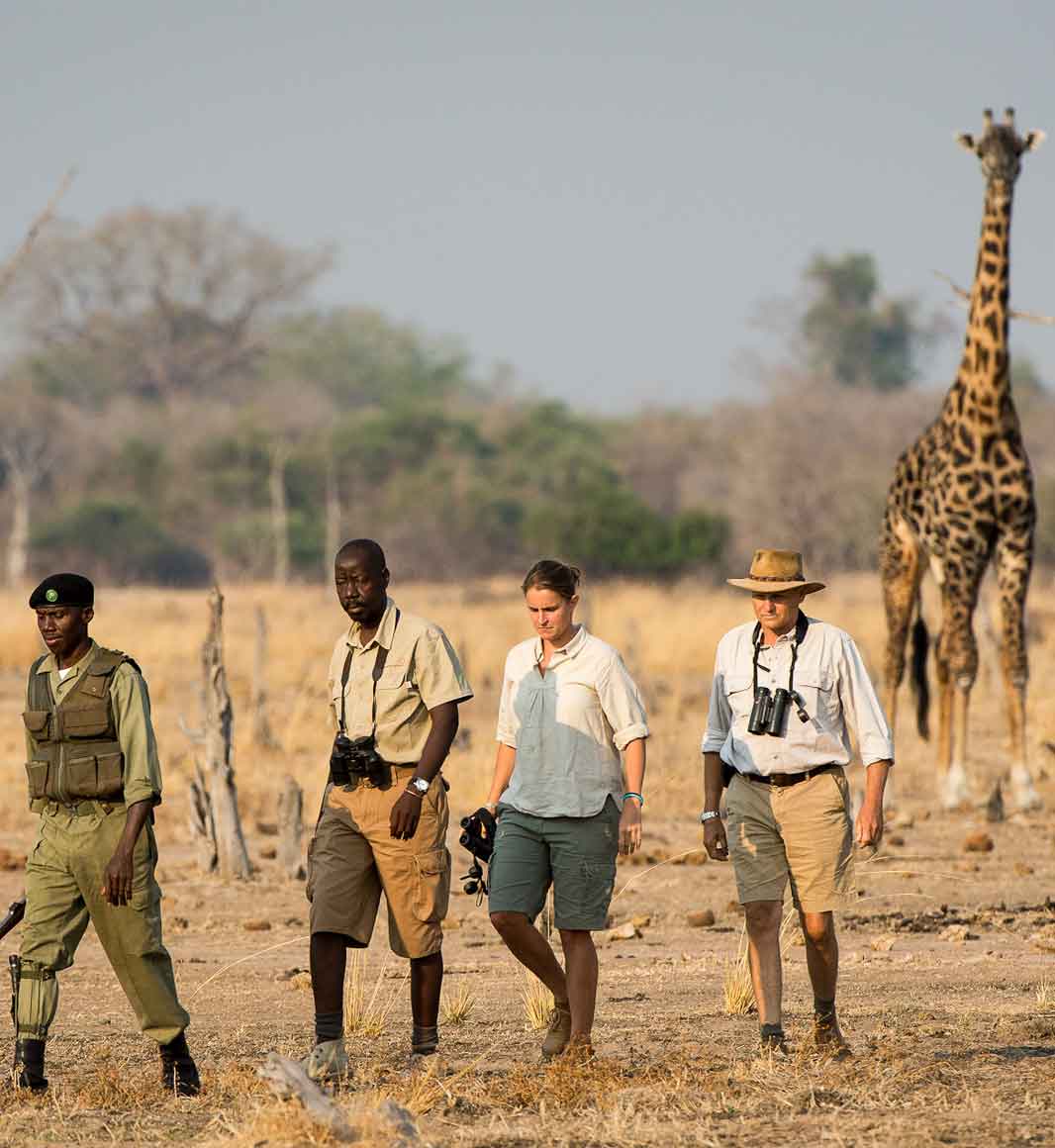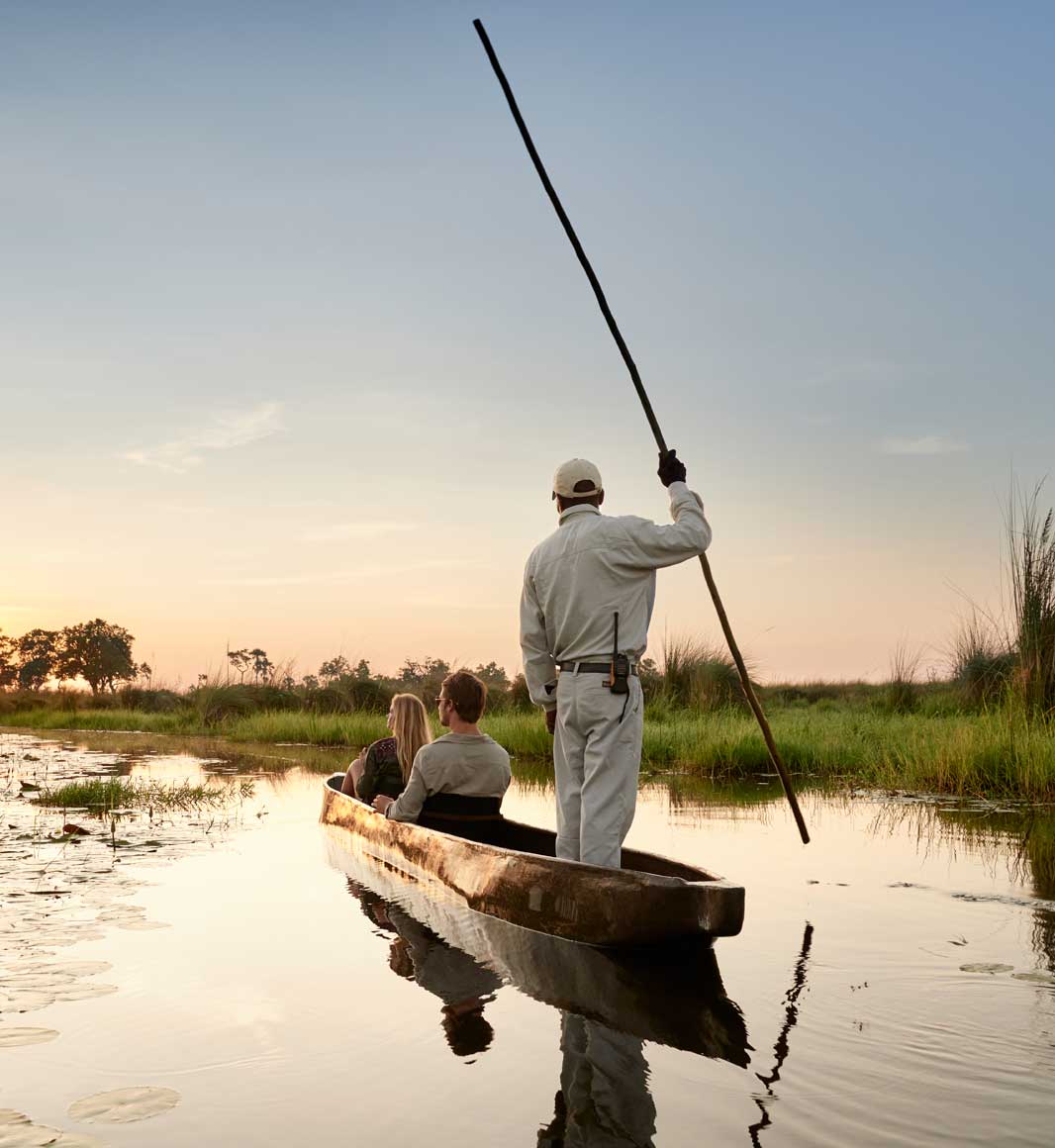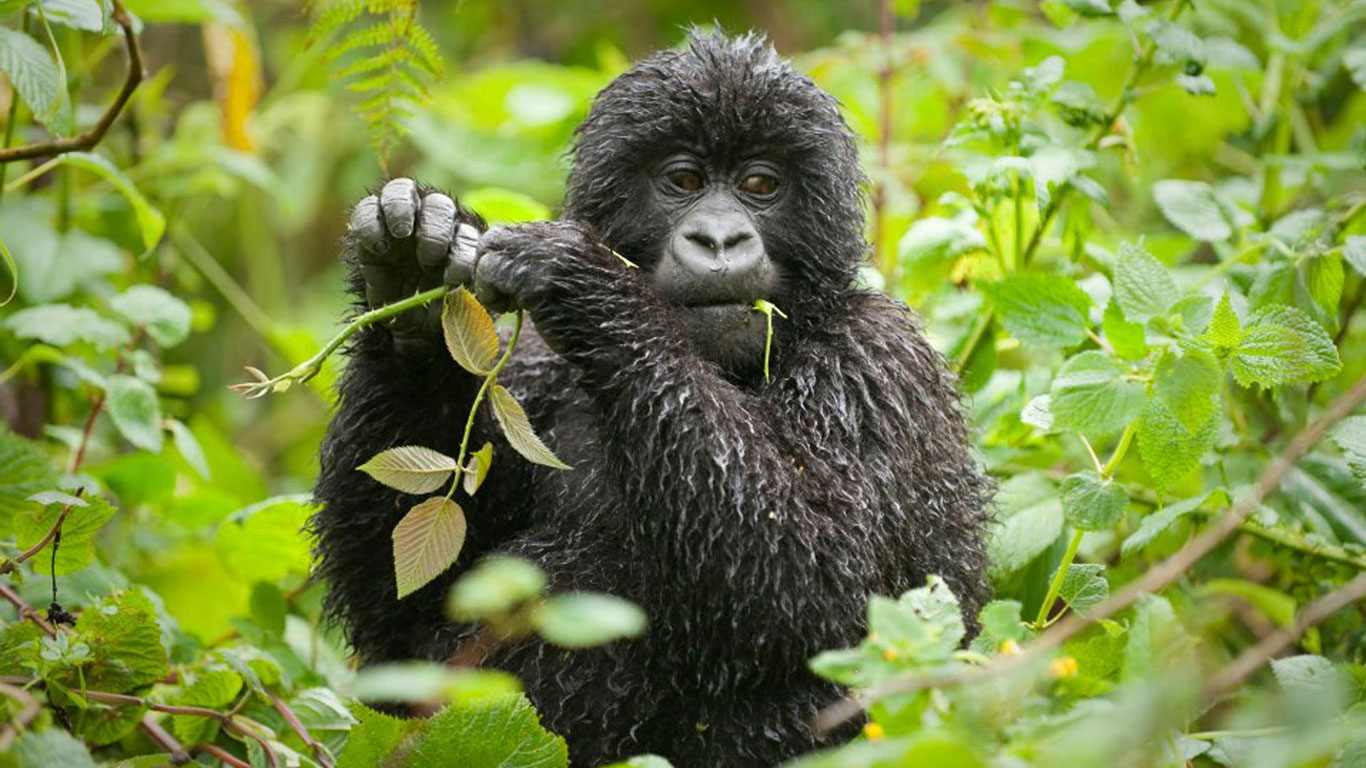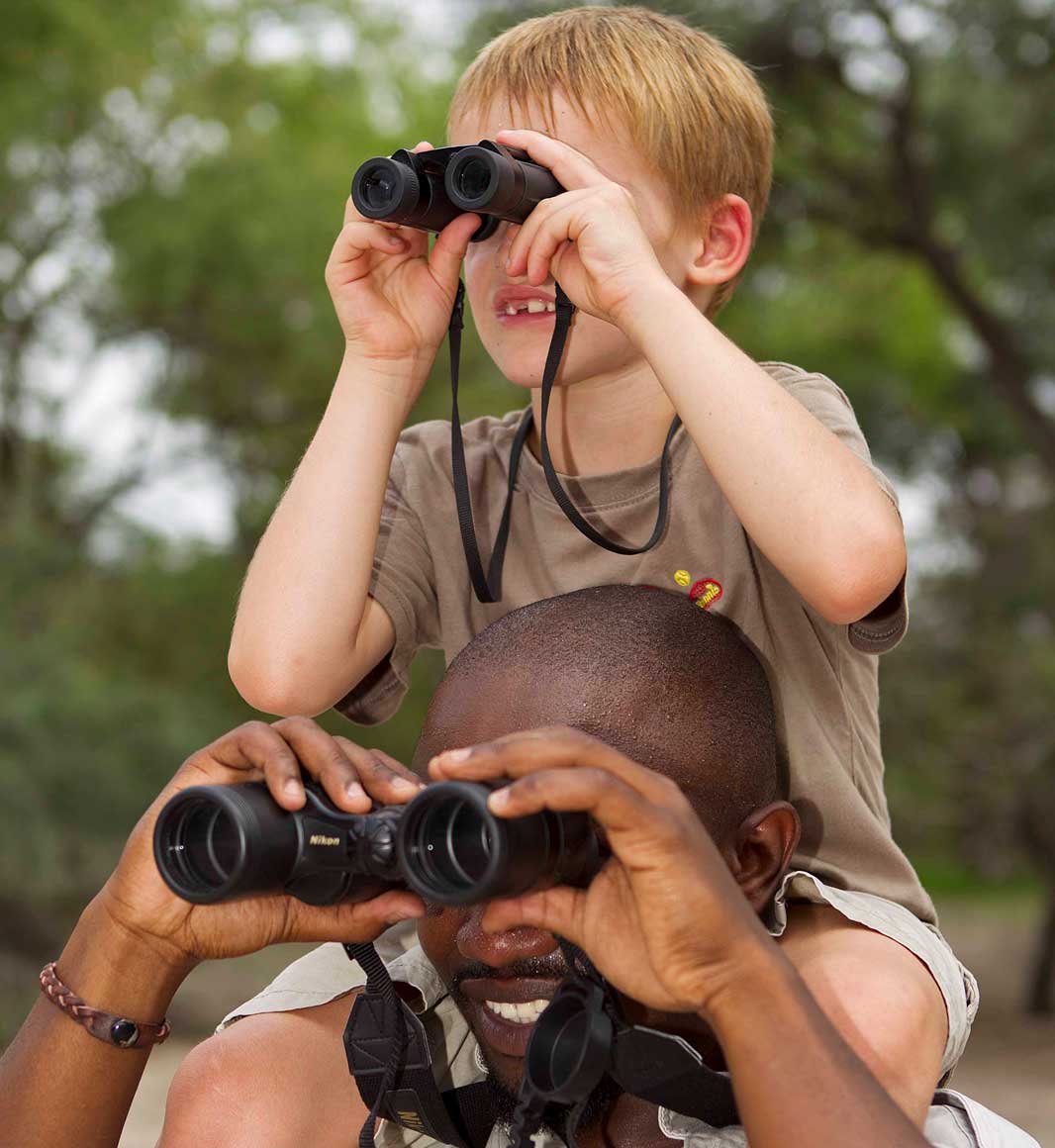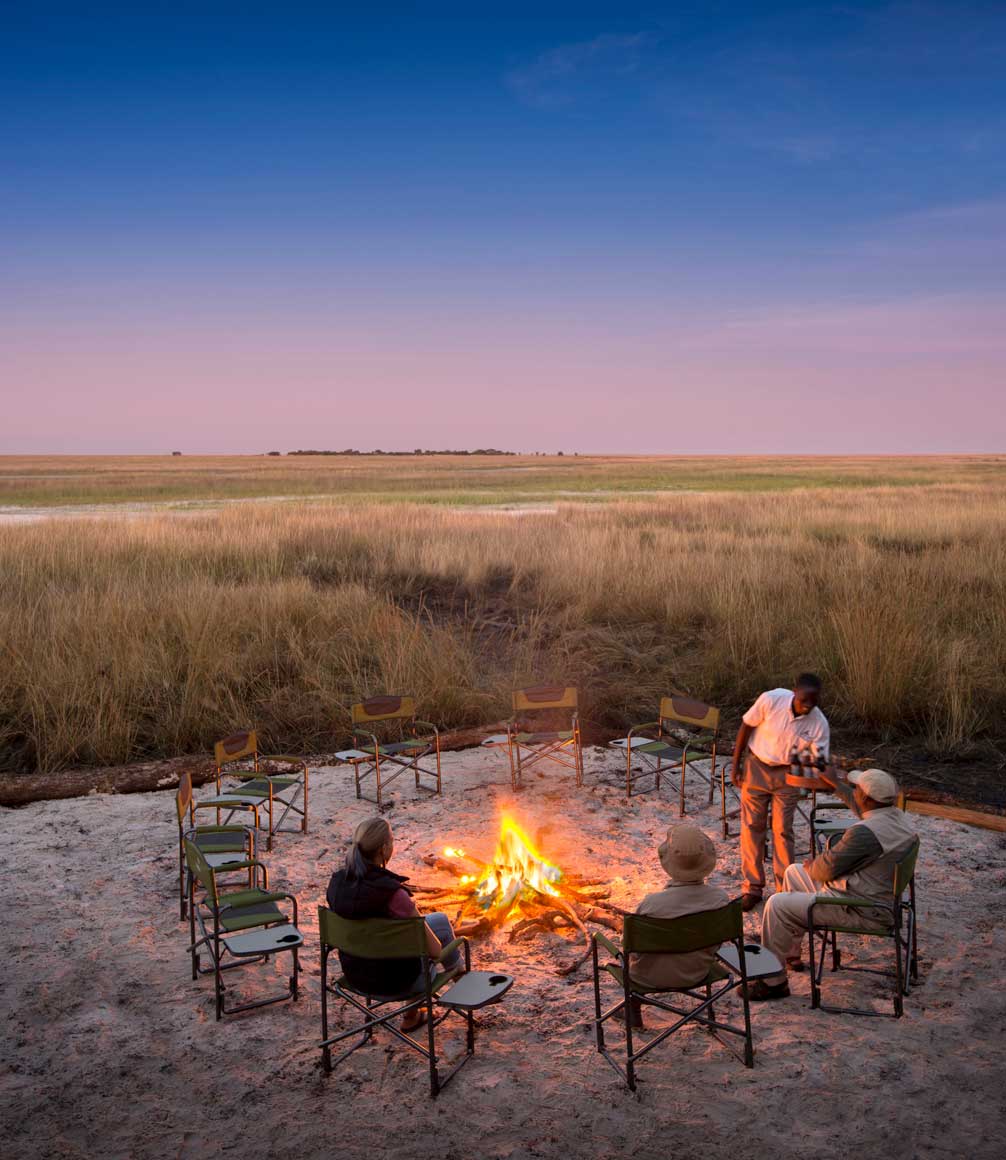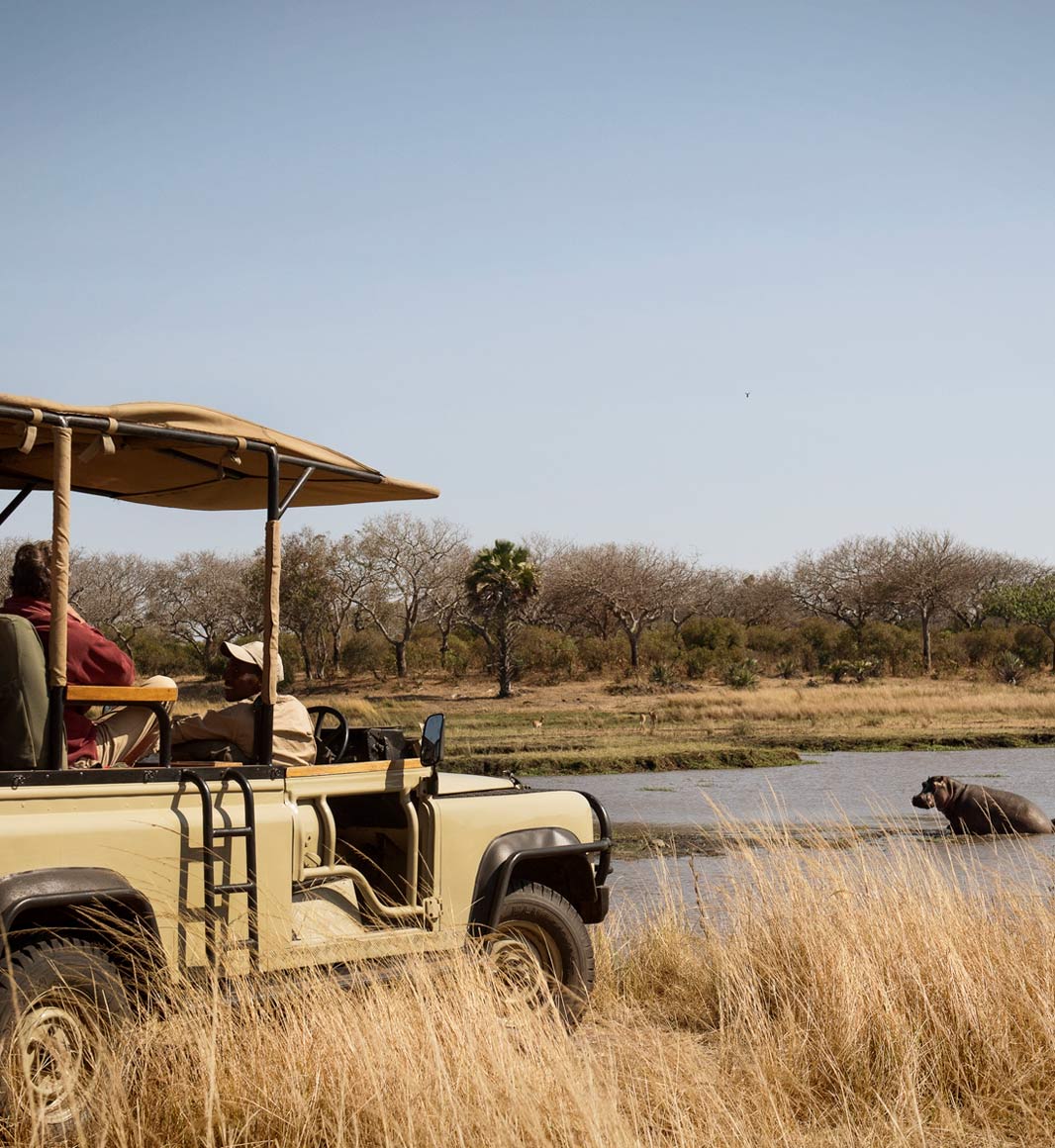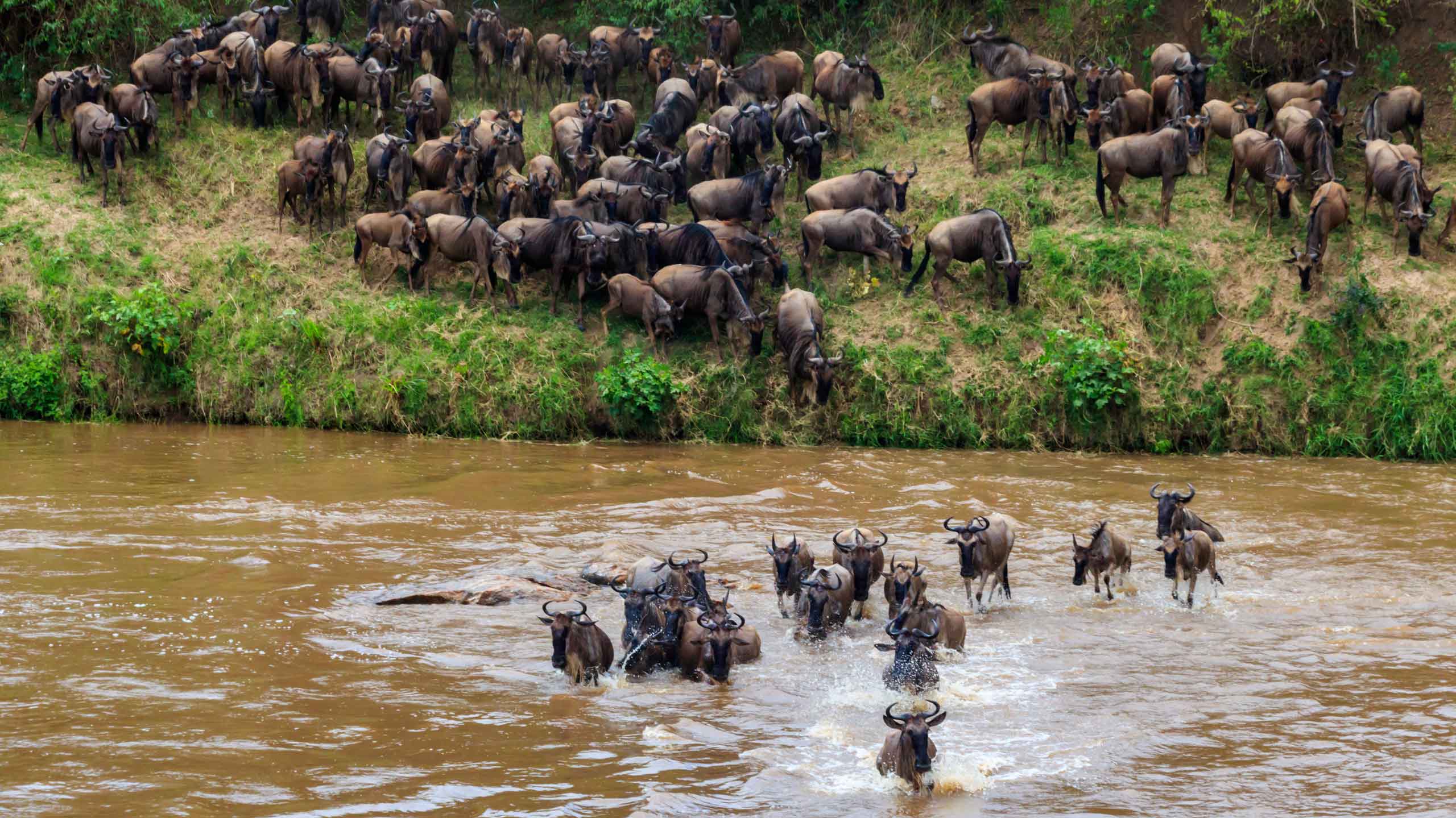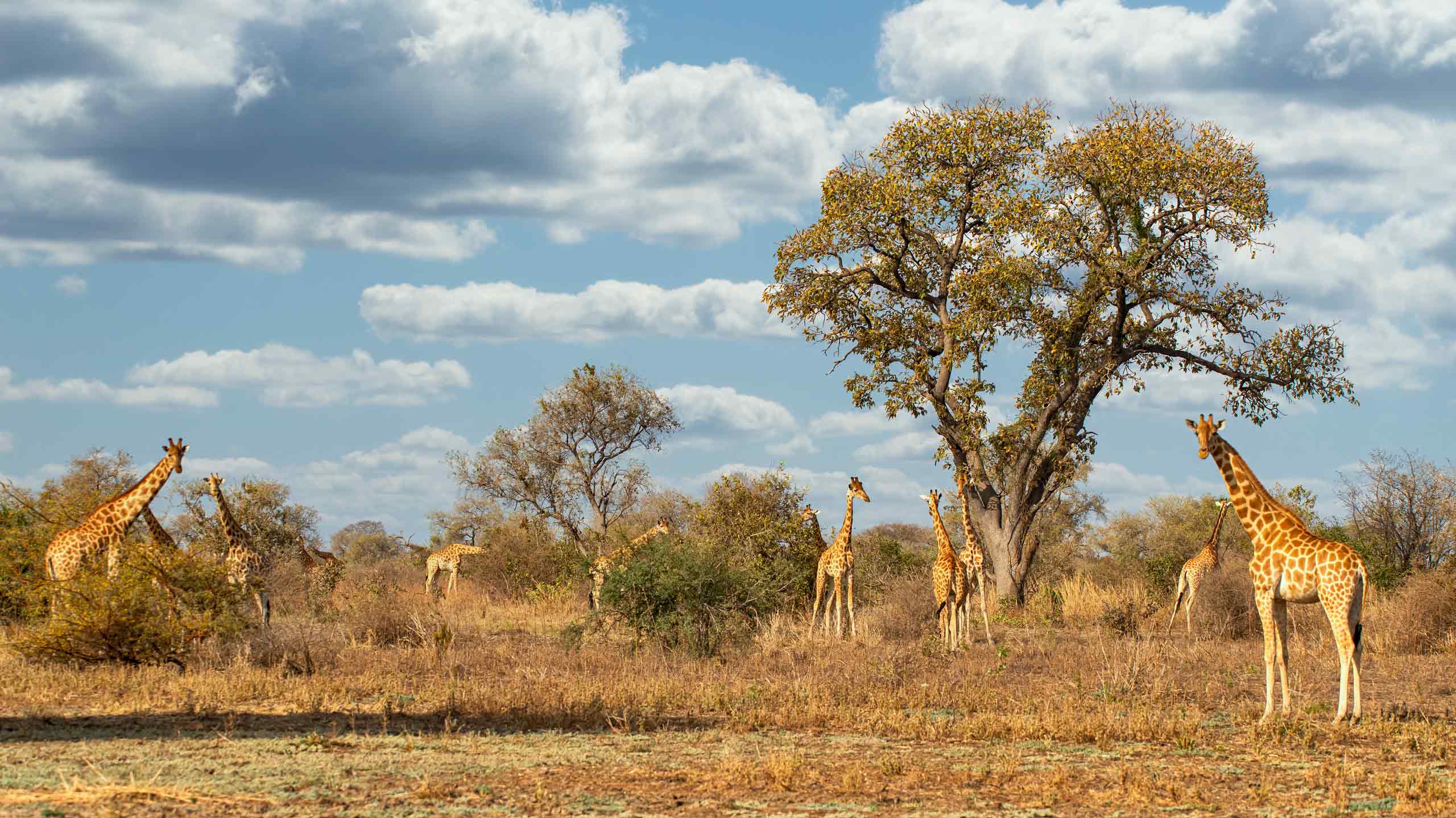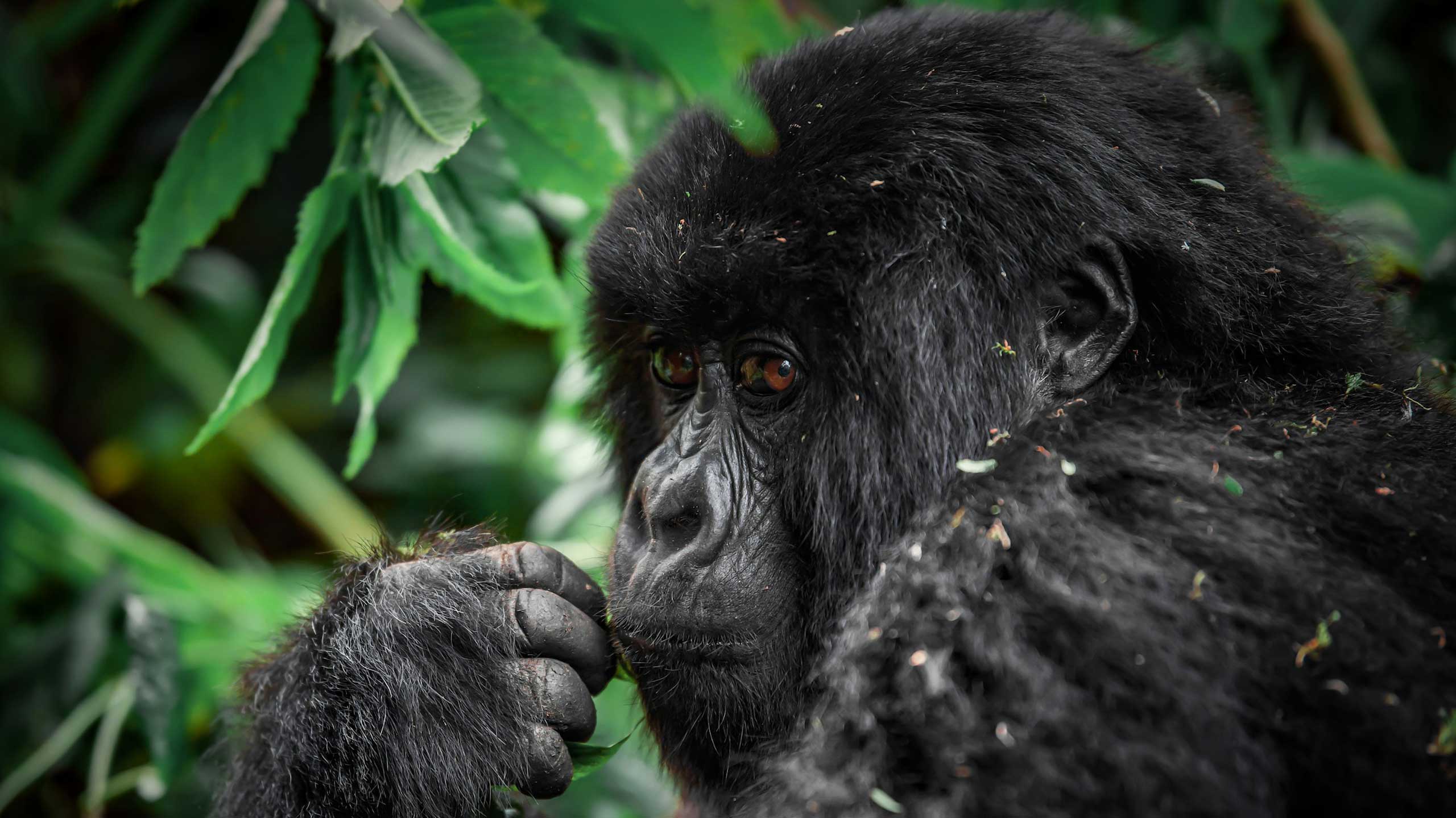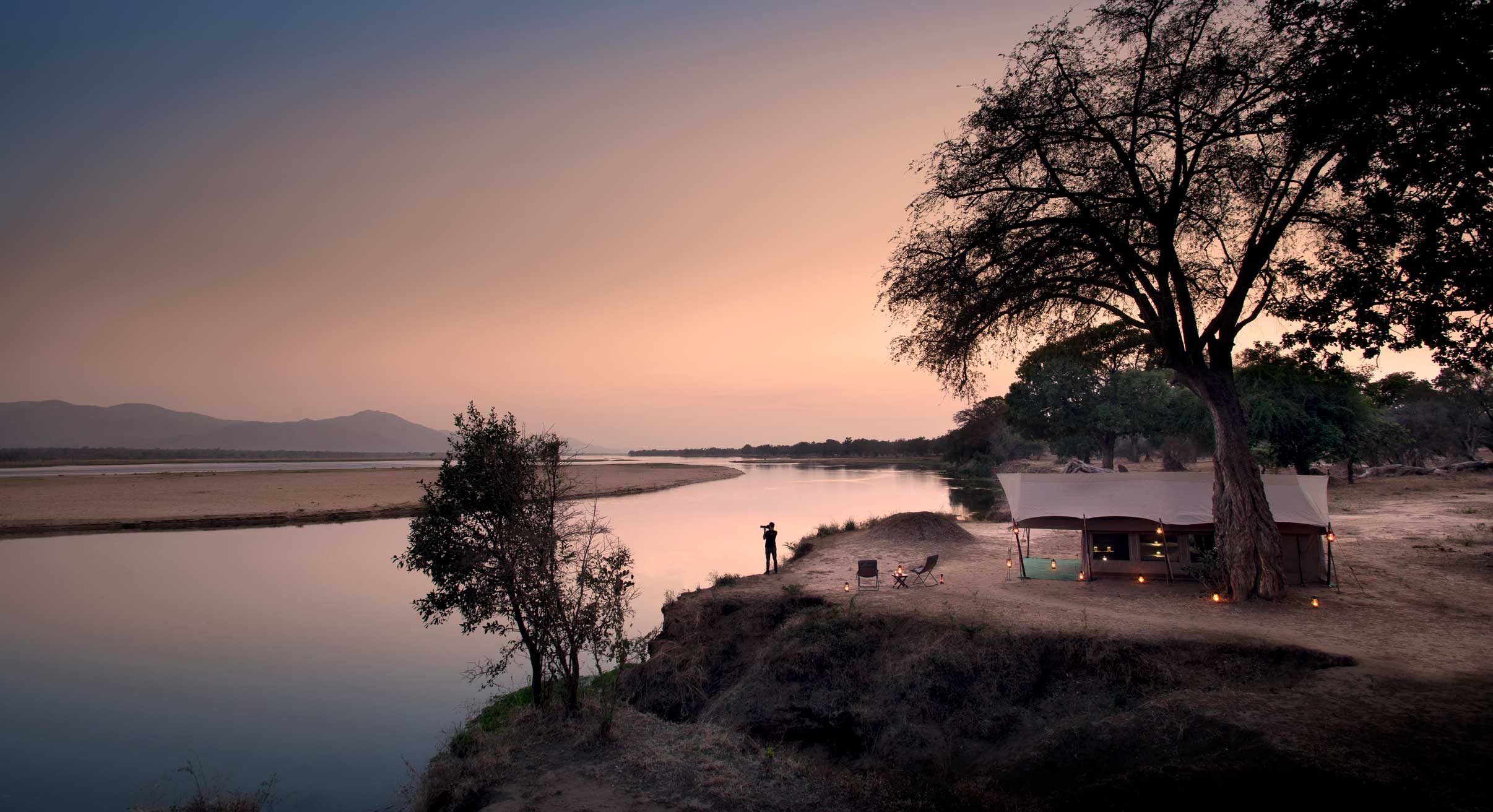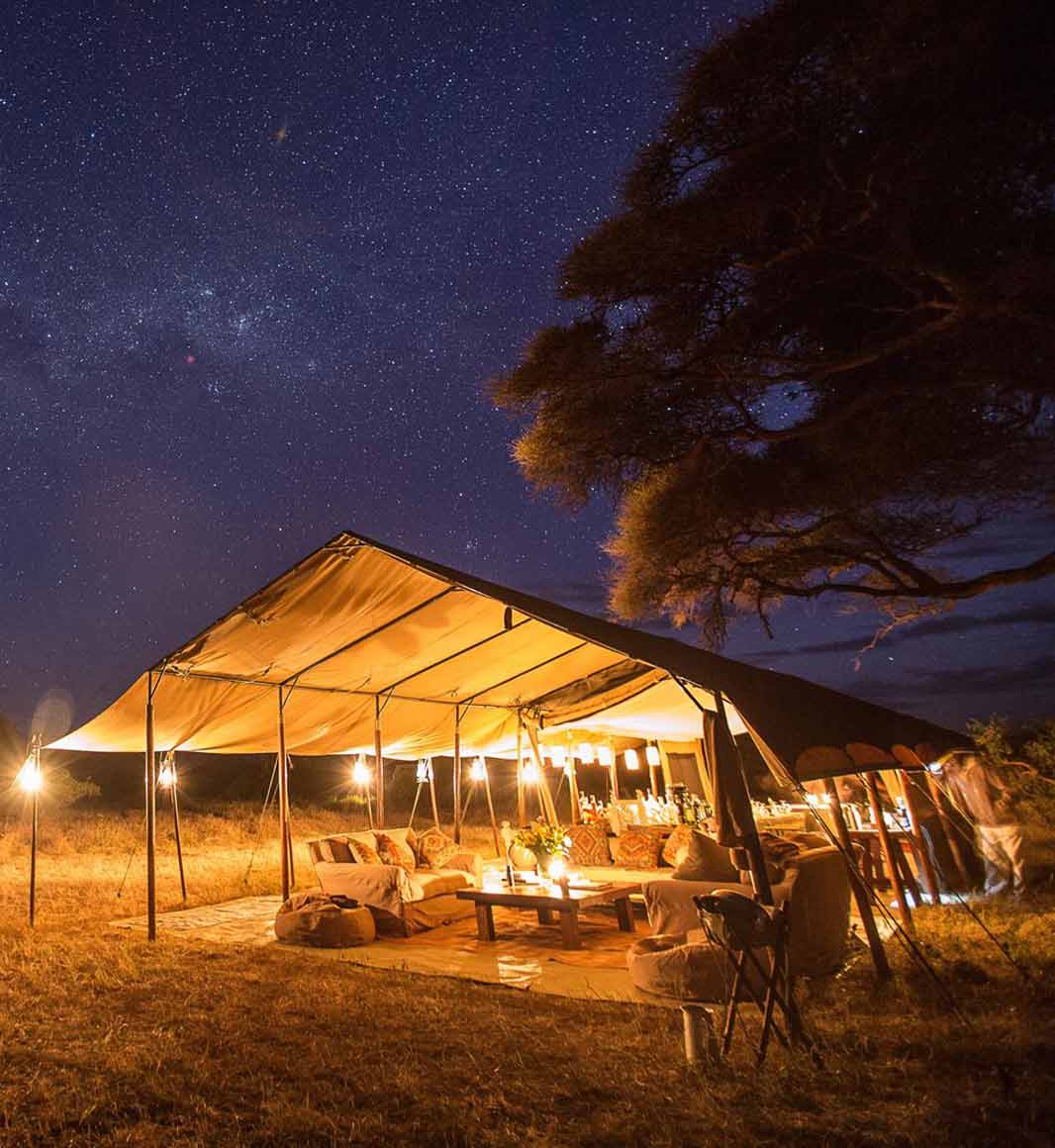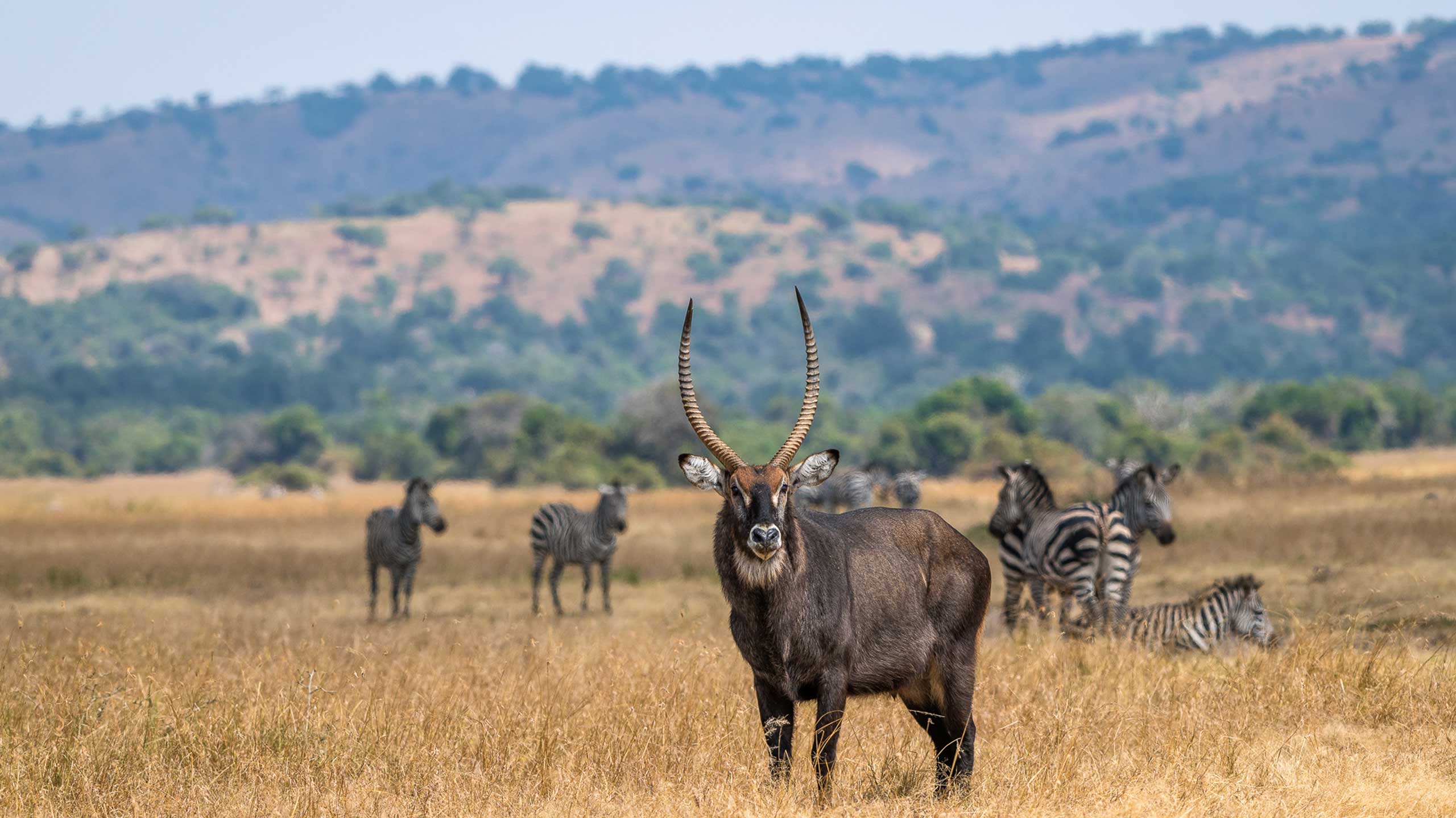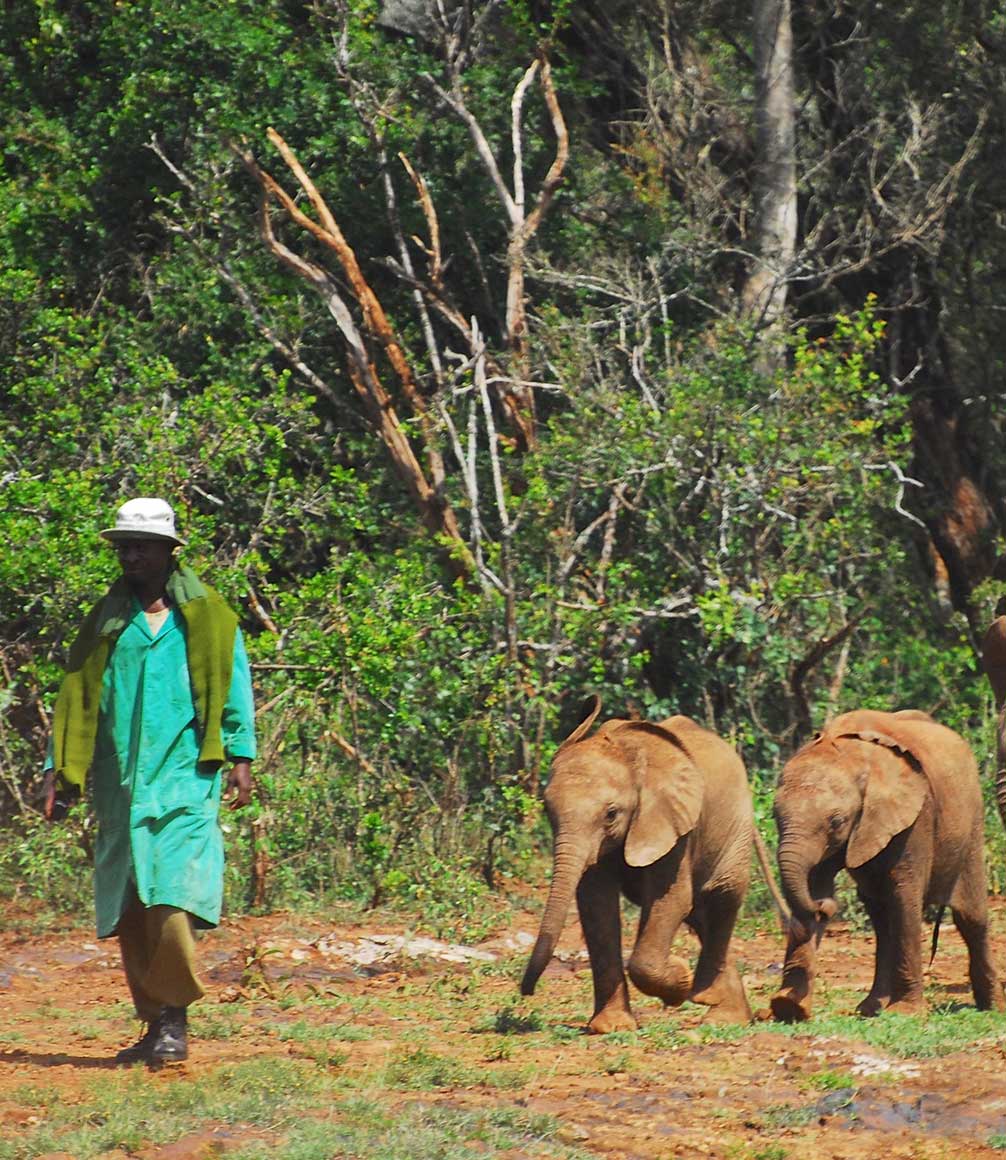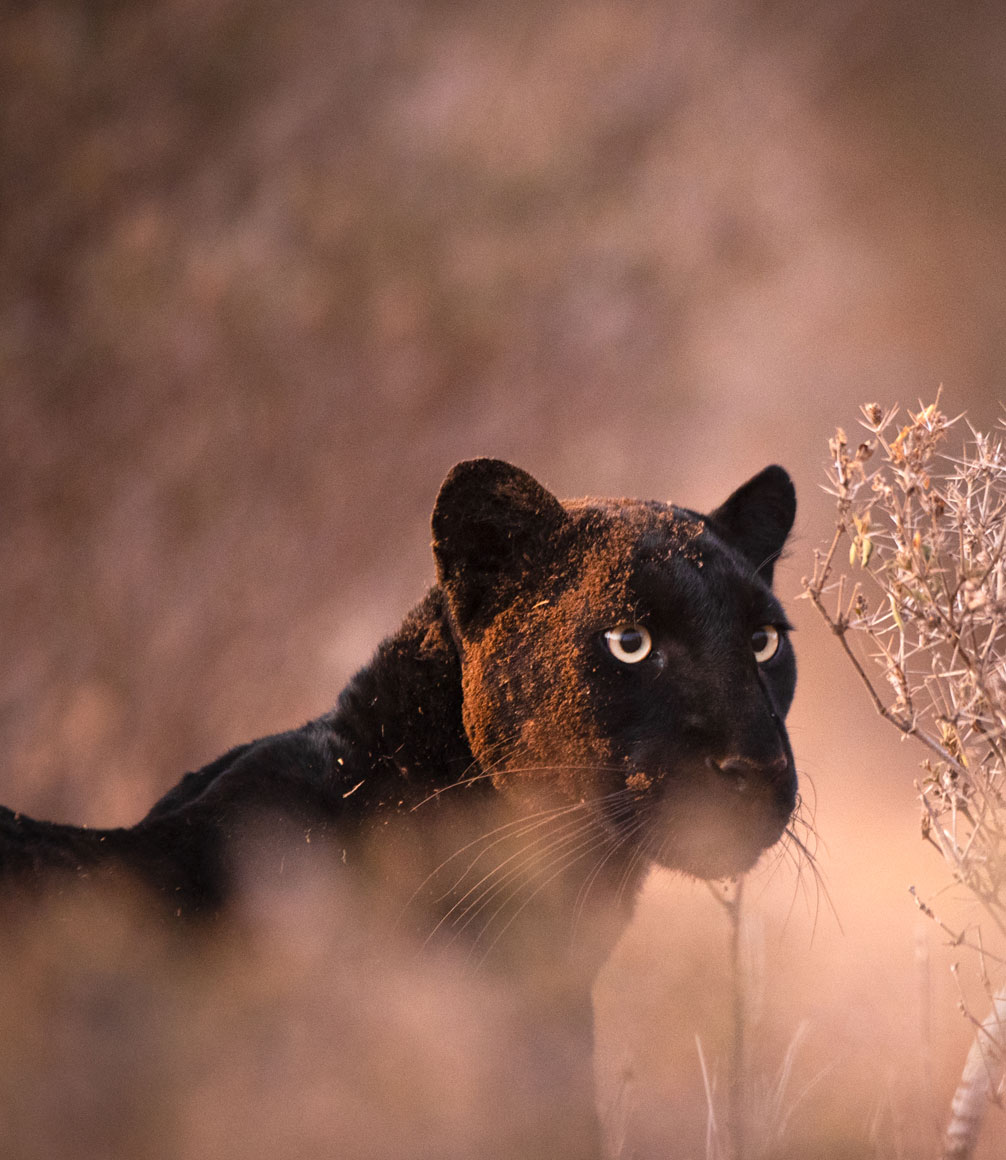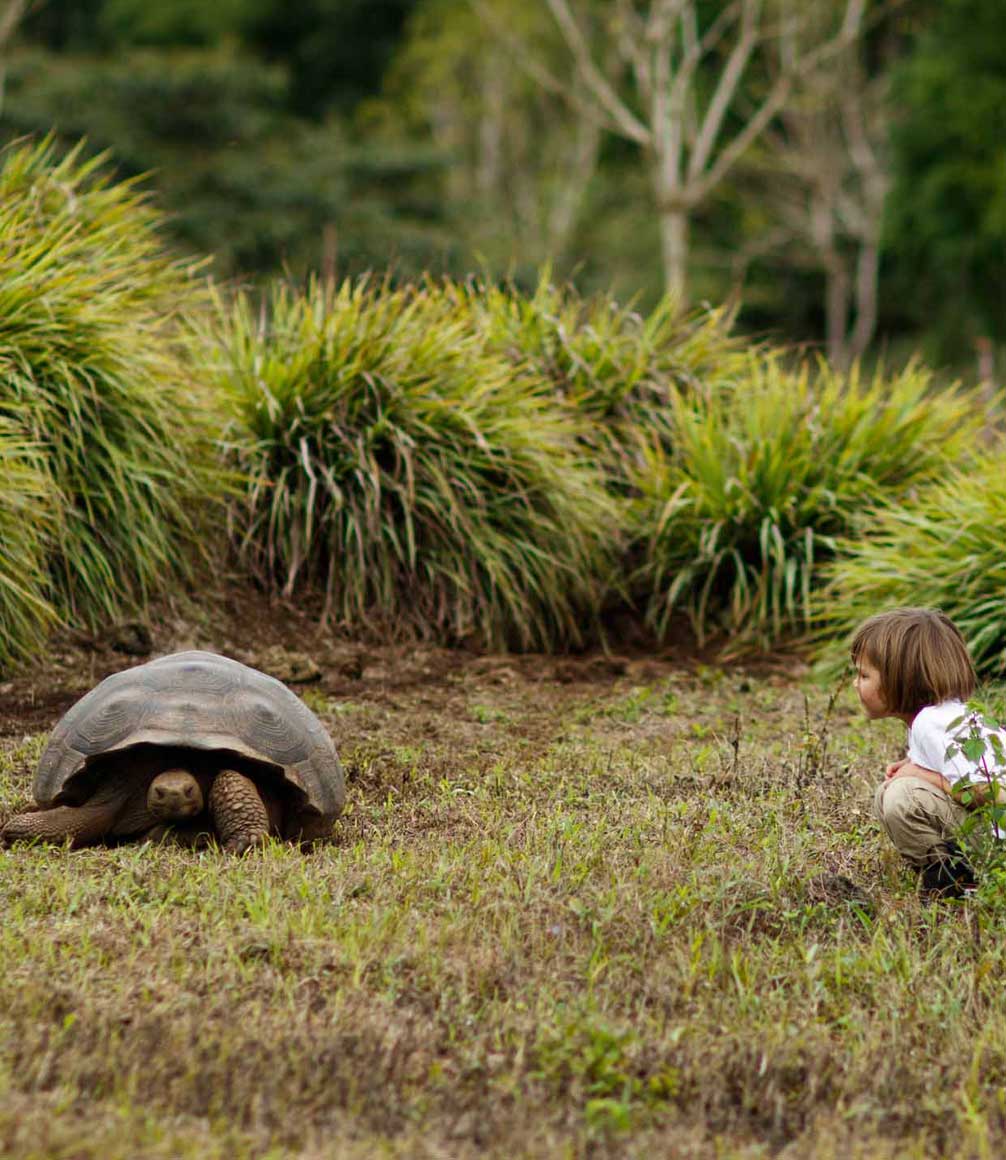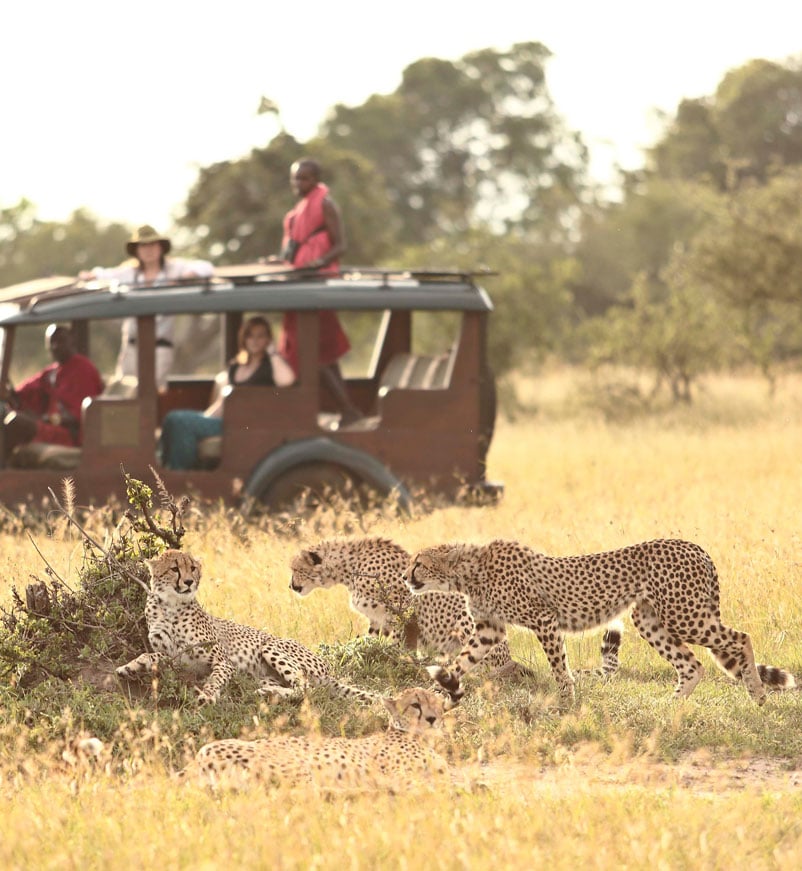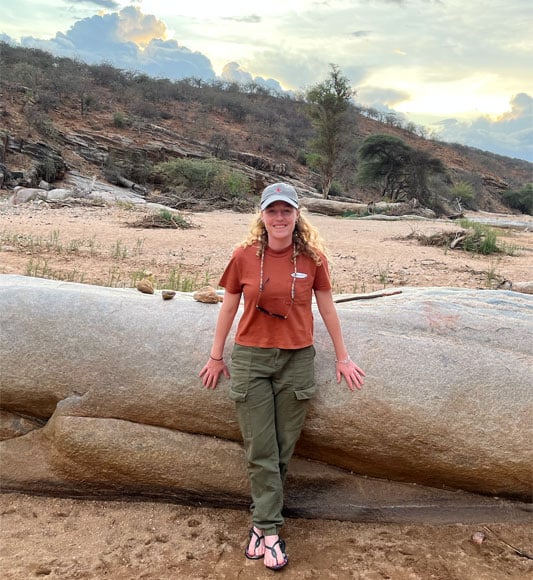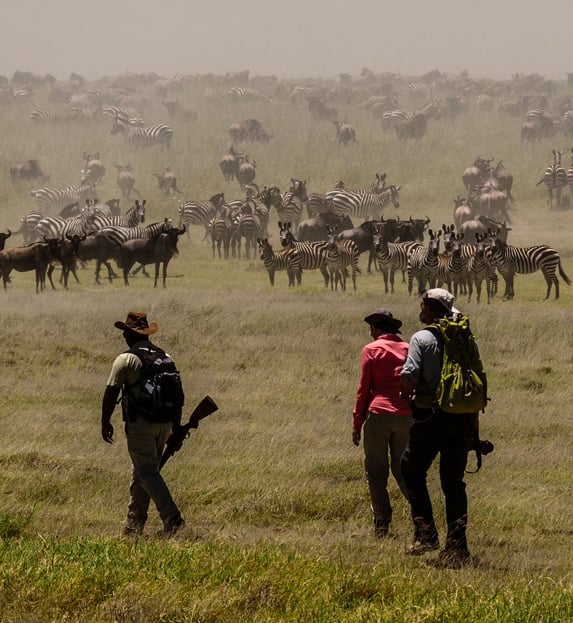With the most authentic and sustainably run luxury safari lodges as standard and inspirational private guides to make it all come alive for you, your dream of spotting the big five or tracking the Great Migration is in the safest and most expert of hands.
Designing a great wildlife safari is a real art. We were founded as a tailor-made Africa specialist in 1989, and have been designing luxury African safaris ever since. When you engage us to create your safari trip of a lifetime, you’ll receive a distinctly individual approach based on your own personal needs, priorities and preferences. Countless delighted guests–many of them repeat travellers–are a testament to our ability to deliver truly exceptional private and personalised safaris. And we haven’t just stopped at Africa. The deep reservoir of knowledge and experience we have gained from operating African safaris has also enabled us to design remarkable wildlife experiences in Asia and Latin America.
"Countless delighted guests–many of them repeat travellers–are a testament to our ability to deliver truly exceptional private and personalised safaris."
While our specialist safaris are designed for those who have a specific wildlife interest in mind, our classic safaris are more general in scope. If you want to take the family on a game drive in the Maasai Mara and track the Great Migration or the big five, we’ll make it happen–and make sure there isn’t a cluster of vehicles around to break the spell. If you’ve always dreamed of seeing Indian tigers in the wild, we’ll elevate your safari by bringing in a top researcher or conservationist. And we’ll help you navigate the myriad options to deliver the perfect Galapagos safari for you.
At Explorations Company, we have personal connections with many of the world’s most accomplished and acclaimed safari guides and trackers. Few experiences match the thrill of an up-close encounter with a wild animal, but having an amazing private safari guide with you to provide context and backstory is what transforms your wildlife safari from momentary quickenings of the pulse to a truly life-changing experience.
Ready to take the road less travelled?
